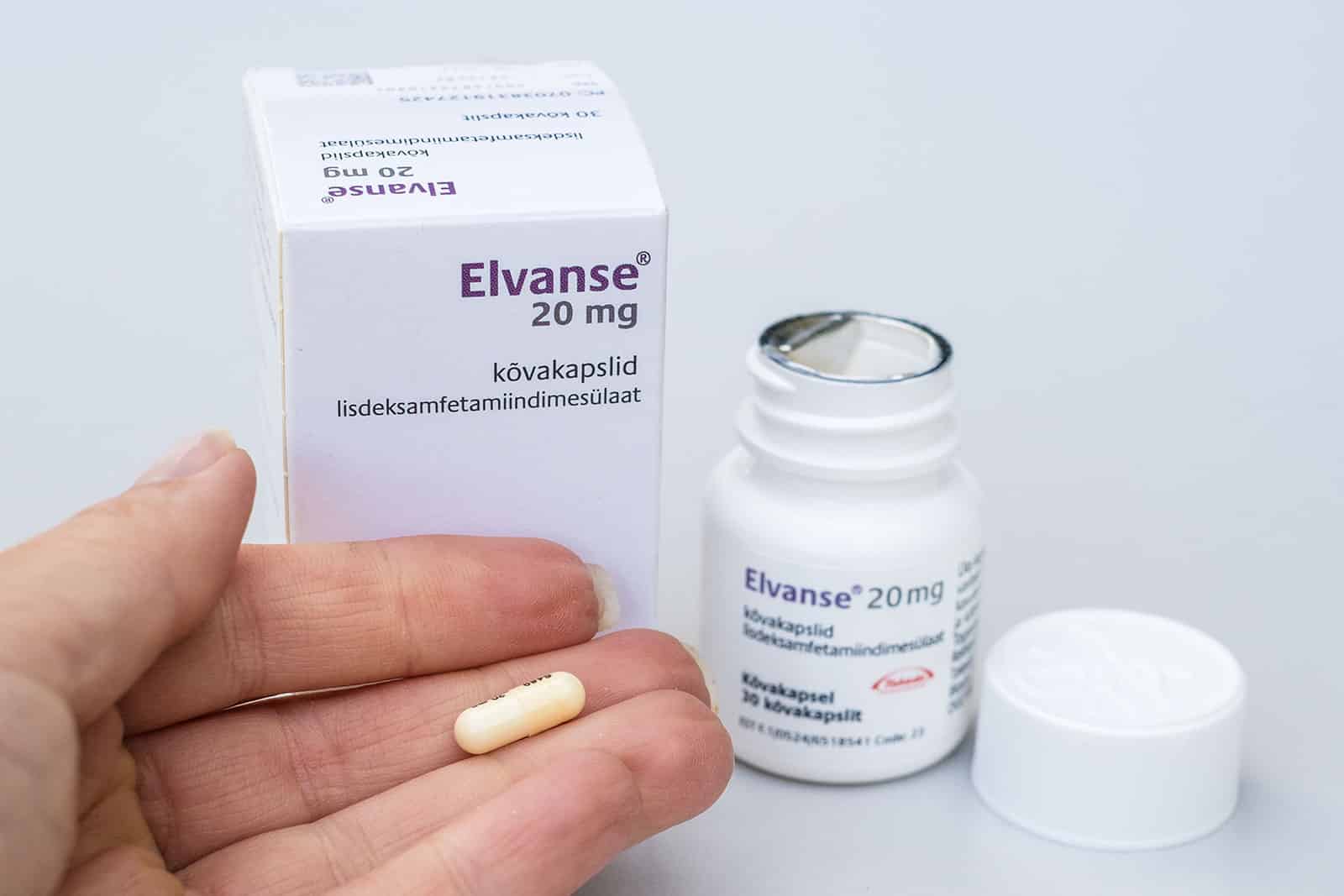Inpatient Treatment
If you’re searching for inpatient drug rehab in New York or out-of-state, then you’ve come to the right place. Start Healing From Addiction Now.
Inpatient Drug Rehab in New York
Generally, drug and alcohol treatment programs are either inpatient or outpatient. Like outpatient programs, inpatient rehab has a goal to get the addict back to sobriety. Inpatient treatment programs are usually recommended to address extreme cases of addiction. Therefore, it is always intensive and residential. While inpatient could be more expensive, it has a higher success rate compared to outpatient programs. An inpatient program is structured to keep the patient-focused and away from the distractions of everyday life. It usually spans between 28 days to 6 months.

Preparing for Inpatient Drug Rehab
Proper preparation is key to having a successful inpatient rehab program. If you have dependents, pets, own a business or you are an employee, it is important you put your affairs in order before the entry date. Here are a few tips to help you:
- A few weeks to entering a New York drug rehab center, create a to-do list of things you need to set in order. Also, ensure you pack the essentials to last you throughout your treatment.
- Have a meeting with your employer and ask for some time off. Find out what your state laws say about this.
- Figure our living arrangements for your children and other dependents. You may want to ask a trusted friend or relative to take them in until your return.
- If you own a business, you may hire someone to oversee the business while you are away.
- Take your pets to a safe space
- Inform your family about what you are about to do and get their support. Family involvement is crucial to permanent recovery.
New York Residential Rehab Centers
Inpatient rehab in New York or out-of-state is usually voluntary, although, on some rare occasions, it may be forced under the circumstances of severe addiction or due to a court order. Overall, a 24-hour medical and emotional support is provided all through the duration of an inpatient program. You will not only meet psychologists and other addiction experts, but you will also make friends among other patients.
Inpatient treatment begins with a medically assisted detoxification. You should never quit drugs without medical supervision due to the unpleasant withdrawal symptoms that you might be unable to handle. Historically, a greater percentage of drug addicts who attempt to either stop drugs or detox on their own fail. Some ended even worse than they were. Withdrawal symptoms can be fatal if heroin, benzodiazepines and synthetic opiates are involved. Therefore, proper care must be taken.
At the Hudson Valley drug detox stage, addiction experts will monitor you or your loved one closely, providing adequate medical care and psychological help to address cravings and prevent relapses. The entire detox phase will help you to slowly wean off drugs, rid your system of illicit substances and help you develop the coping skills to prevent relapses.
Getting someone out of addiction requires a holistic approach. Therefore, successful inpatient detox is usually succeeded by other forms of treatment defined by the patient’specific needs. You may transition into Cognitive Behavioral Therapy (CBT), one-on-one counseling or a 12-step program. The patient may also be required to enroll in aftercare programs at the end of inpatient rehab.
Residential Treatment
If you have an active addiction, you already know how hard it is to quit. You might feel like you’ve tried everything. However, if you’ve been trying to recover alone, the chances are good that nothing has worked.
You might be feeling doomed, but you’re not. Although some individuals manage to recover without assistance, most of us can’t do it without help.
If you broke your leg in three places, would you not head straight to the ER for help? Why, then, would you not get help for a substance use disorder that can ruin your life or kill you?
Going through a drug or alcohol detox without medical supervision can be dangerous or deadly. Conversely, inpatient detox is a safe process during which your doctor can prescribe certain medications to relieve discomfort.
How Effective is Residential Treatment for Addiction?
Studies show that residential care following a medical detox provides measurable benefits and helps individuals to maintain sobriety over time. One predictor of recovery is how quickly you enter a treatment program after you realize that you have a problem.
Most of the people entering treatment today are between the ages of 18 and 24. The sooner you start the recovery process, the more likely you are to stay sober. This holds true across all levels of addiction, from mild to severe.
In one study, a group of patients with alcohol or cocaine dependency was referred by an employee assistance program for residential care. At a six-month follow-up, 94 percent of the clients provided urine and breathalyzer samples.
The results showed “significant and pervasive improvements” in the total sample. Almost 60 percent were completely abstinent. Eighty-two percent were working, and eight percent needed a second treatment.
Another study found that substance-using adolescents who completed a residential program had lower rates of substance use and a reduction in problem behaviors. The participants had fewer encounters with law enforcement. They were in better health mentally and physically, and they reported improvement in family relationships.
In another study, researchers found that 62 percent of those who received professional help with treating an addiction remained substance-free for three years after treatment. Almost 60 percent of those who made it to three years were still clean and sober 16 years later.
A landmark study surveyed a comprehensive cross-section of Americans who said they had resolved a substance use disorder. The participants reported that the longer they were in recovery, the better their quality of life. They also reported a decrease in psychological distress that continued over time.
The study determined that 22.3 million Americans have overcome a drug or alcohol problem. That’s one in 10 people who can and do recover from addiction.
Choosing the Right Inpatient Treatment Program
Residential programs clearly improve the odds of staying clean and sober. Nevertheless, for maximum benefit, it’s important to choose a program that’s tailored to your needs.
Some clients may prefer a holistic treatment experience that includes organic meals, massage therapy, art therapy, and daily workouts. Other clients might choose a men’s treatment program in a rural area that involves hiking and spending time in nature.
A client might want a program with a strong 12-step foundation that involves working the 12 Steps and attending lots of AA meetings. Another client might want a luxury rehab with a gourmet chef and an onsite spa.
In the study above involving alcohol and cocaine-dependent employees, the researchers found that improvement levels and outcomes were significantly impacted by program type and type of care.
Therefore, it’s essential to choose a program that provides the services you need. Fortunately, there are many treatment options available in Peekskill, NY, and throughout the entire Mid Hudson area. The more satisfied you are with your care, the more you can focus on recovery.
What’s Involved in Residential Treatment for Addiction?
Most residential facilities offer core services that are consistent across programs. These services include 24/7 support and a variety of specialized treatments:
- Individual counseling
- Group therapy
- Drug and alcohol education
- Community living
- Dual diagnosis treatment
- Medication management
- Family and couples counseling
- Relapse prevention techniques
- Goal attainment
- Recovery skill-building sessions
- Follow-up care and aftercare
- Cognitive-behavioral therapy
- Twelve-step meetings on and off-site.
- Meditation and spirituality
- Recreational activities
- Men’s groups and women’s groups
The average stay in a residential program is six to 12 months. However, it could be longer or shorter depending on the needs of the client. The reason for the long treatment duration is to allow adequate time for healthy behaviors to replace self-destructive behaviors. This process cannot be rushed. Recovery occurs gradually over time.
Treatment is highly structured and can be confrontational. The goal is to help clients become aware of how limiting beliefs, a damaged self-concept, and destructive patterns of behavior can fuel addiction.
During treatment, clients can learn and practice new and constructive behaviors in a safe setting. Removing from the stressors of daily life, clients can focus all their energy on recovery. Ongoing support is provided by treatment professionals and peers alike.
Although residential programs are not situated in hospitals, the degree of structure and the availability of support are similar to what you would find in a hospital setting. Most residential programs are housed in their own facilities, but they may be affiliated with or in close proximity to a hospital or a mental health complex.
Do Residential Programs Treat People With Co-occurring Disorders?
Roughly 40 percent of those diagnosed with a substance use disorder have a concurrent mental health disorder. Nearly 20 percent of those diagnosed with a mental health disorder have a concurrent substance use disorder.
Substance use disorders and mental health disorders must both be treated, but they should be treated separately. Individuals with both conditions can develop problems with one disorder that negatively impact the other disorder.
What Is Medication Management?
A medical professional may prescribe certain medications to help you maintain abstinence. The medication that’s prescribed will depend on the substances you’ve been using:
Alcohol Medication Management
- Acamprosate: This medicine is used to help those with alcohol use disorder to maintain sobriety after they stop drinking. Acamprosate blocks certain neurotransmitter receptors while activating others. This mode of action appears to restore balance and biochemical stability to the body while reducing cravings and any lingering withdrawal symptoms.
- Disulfiram: This medication is used to prevent drinking. If you drink while taking this drug, you will experience an onslaught of distressing symptoms. Even a very small amount of alcohol can pack a disagreeable punch. The symptoms include headache, nausea, vomiting, chest pain, weakness, blurry vision, mental confusion, sweating, choking, breathing difficulties, flushing of the face, and anxiety.
- Naltrexone: This medication blocks the exhilarating and intoxicating feelings produced by alcohol. It is thought that over time, the effects of naltrexone weaken the connection between drinking and pleasure. Eliminating that connection may reduce cravings and help you to stay sober.
Opioid Medication Management
- Buprenorphine: This drug is used to treat opioid dependence by preventing withdrawal symptoms that occur when other opioids like heroin or fentanyl are withdrawn. Buprenorphine contains naloxone, an opioid blocker. Naloxone interferes with the uptake of excess buprenorphine. That, in turn, counteracts the high that opioids typically deliver.
- Methadone: This synthetic opioid gets rid of withdrawal symptoms and relieves opioid cravings by activating the same brain receptors as morphine. However, it is absorbed more slowly than other opioid drugs, and it does not produce euphoria. Methadone has been safely used as a treatment for opioid addiction for almost half a century. It is dispensed through a methadone maintenance clinic, and a single dose lasts for 24 hours. Because it is itself an opioid drug, methadone works best as a short-term treatment to help individuals adjust to being drug-free.
- Naloxone: This medication is used to rapidly reverse the effects of an opioid overdose. Naloxone is an opioid blocker. It attaches to opioid receptors and reverses the effects of opioids. It prevents the euphoric and sedating effects of opioid drugs and works to suppress cravings. In the event of an overdose, it can save your life.
Addiction is a chronic disease. It can be managed, but there is no cure. Relapse happens, but what matters is how quickly you take steps to prevent it from escalating. As we discussed earlier, the sooner you get help, the better your chances of recovery will be.
Are you having trouble finding a residential treatment program in Mid Hudson, New York, that offers the services you need? If so, the team at Mid Hudson Addiction Recovery can help.
We have an extensive network of addiction treatment resources at our disposal. Using our connections, we can find programs that offer the services you’re looking for.
Start your recovery journey today. Call us now to learn more.
Experience New York Inpatient Drug Rehab
New York residents with loved ones struggling with intense drug addiction can seek inpatient rehab to aid their recovery. Our resources at Mid Hudson Addiction Recovery are available in all parts of New York, reducing the likelihood of having to travel out of state to access treatment. Our New York inpatient drug rehabs are distinguished by the individualized approach they take to address the patient’s specific needs.
We have a track record of connects addicts with successful New York residential drug rehabs which has led to long-term recovery for countless individuals. At the end of the program, your loved one will become useful to your family and society. This is an extra perk of quitting drugs. Addiction treatment often begins with a call. Dial our helpline today to speak with our admission officials.
Addiction Resources for New York
Residents of New York searching for addiction help now have plenty of resources to fight substance abuse. Our team of professionals is here to guide and support you during this difficult time. We work with a variety of Hudson Valley addiction treatment programs personalized to fit your needs:
- Heroin Rehab in New York
- Heroin Detox in New York
- Alcohol Detox in New York
- Alcohol Rehab in New York
- Drug Detox in New York
- Drug Rehab in New York
- Crack Cocaine Rehab in New York
- Xanax Rehab in New New York
- Xanax Detox in New New York
- Fentanyl Detox in New York





